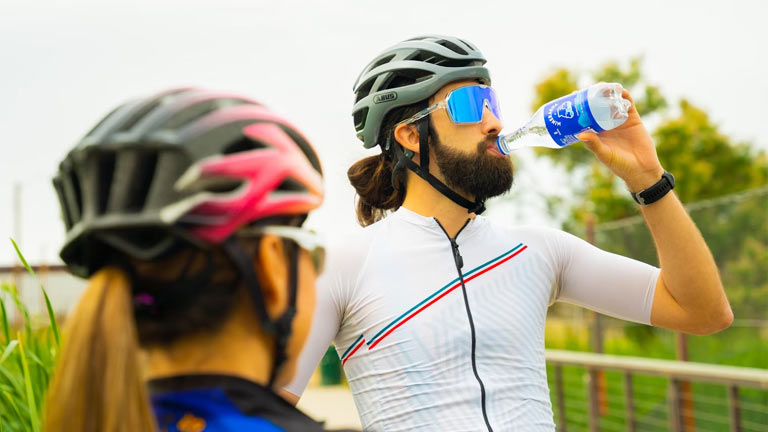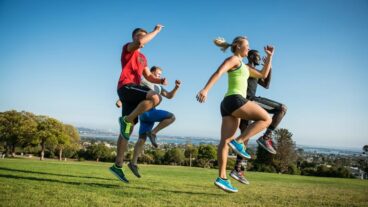In the world of sports, where milliseconds and millimeters can make all the difference between victory and defeat, athletes are constantly seeking that elusive edge. Whether you are a seasoned professional or an amateur enthusiast, the quest for enhanced performance is a universal pursuit.
From training techniques to mental strategies, there are countless avenues to explore in the journey toward athletic excellence. In this blog post, we will delve into some key strategies that can help athletes of all levels unlock their full potential and gain the competitive edge they desire.
Setting Clear Goals
One of the first steps in achieving peak performance is setting clear, measurable goals. Whether it is improving your speed, strength, or agility, having specific targets to aim for provides focus and motivation. Break down your achievable fitness milestones, and goals into smaller, and track your progress along the way. This not only keeps you accountable but also allows you to celebrate your successes and adjust your strategy as needed.
Structured Training Programs
A well-designed training program is essential for maximizing athletic performance. This includes a combination of strength training, cardiovascular conditioning, flexibility exercises, and sport-specific drills.
Work with a qualified coach or trainer to develop a personalized plan that targets your strengths and weaknesses. Consistency is key, so make sure to stick to your program and gradually increase the intensity as you progress.
Nutrition and Hydration
Proper nutrition and hydration are fundamental pillars of athletic performance. Fuel your body with a balanced diet that includes a variety of nutrient-rich foods, including lean proteins, complex carbohydrates, healthy fats, fruits, and vegetables.
Stay hydrated by drinking plenty of water throughout the day, especially before, during, and after training sessions or competitions. Avoid sugary drinks and processed foods, which can lead to energy crashes and sluggish performance.
Rest and Recovery
Striving for greatness often leads us to neglect the significance of rest and recuperation. Yet, sufficient sleep and periods of relaxation are paramount for maximizing performance and averting injuries. Aim for 7-9 hours of uninterrupted sleep each night to facilitate your body’s repair and rejuvenation processes. Integrate rest days into your training regimen, affording your muscles and central nervous system the necessary time to recuperate.
Engaging in active recovery practices like yoga, stretching, or gentle exercise can further enhance blood circulation and alleviate muscle soreness. If you are in Salt Lake City, consider consulting with a skilled massage therapist to complement your restorative efforts and enhance your overall recovery experience.
Mental Preparation
Physical prowess alone is not enough to succeed in sports; mental toughness is equally important. Visualize yourself achieving your goals and overcoming obstacles with confidence and determination.
Cultivate a growth mindset that embraces challenges as opportunities for growth and learning. Surround yourself with a supportive network of coaches, teammates, and mentors who can provide encouragement and guidance along your journey.
Focus and Concentration
In the heat of competition, maintaining focus and concentration can be challenging. Train your mind to stay present and focused on the task at hand, blocking out distractions and negative thoughts. Practice concentration drills and relaxation techniques to improve your ability to stay calm under pressure. Develop pre-game routines and rituals that help you get into the zone and perform at your best when it matters most.
Continuous Learning and Improvement
The pursuit of enhanced performance is a never-ending journey of learning and improvement. Stay curious and open-minded, seeking out new training methods, technologies, and insights that can help you gain a competitive edge.
Analyze your performances objectively, identifying areas for improvement and experimenting with different strategies to see what works best for you. Embrace failure as a natural part of the learning process, using setbacks as opportunities to grow stronger and more resilient.
Conclusion
Achieving peak athletic performance requires a holistic approach that addresses both physical and mental aspects of training. By setting clear goals, following structured training programs, prioritizing nutrition and recovery, cultivating mental toughness, and continuously seeking growth opportunities, athletes can unlock their full potential and gain the competitive edge they need to succeed. So lace up your shoes, hit the gym, and embrace the journey toward athletic excellence with confidence and determination.


